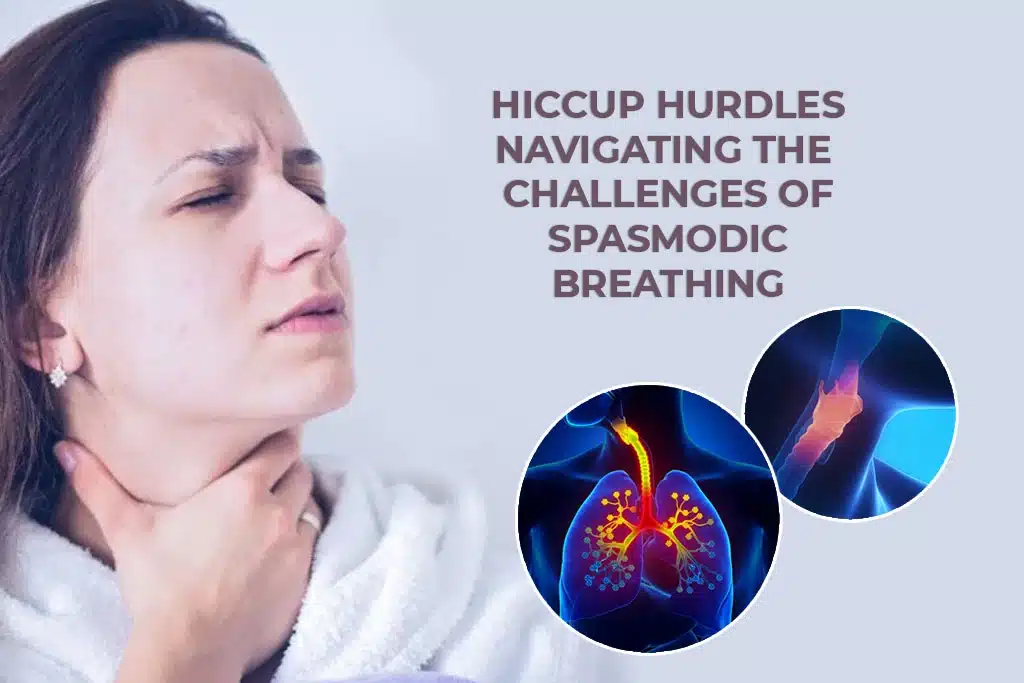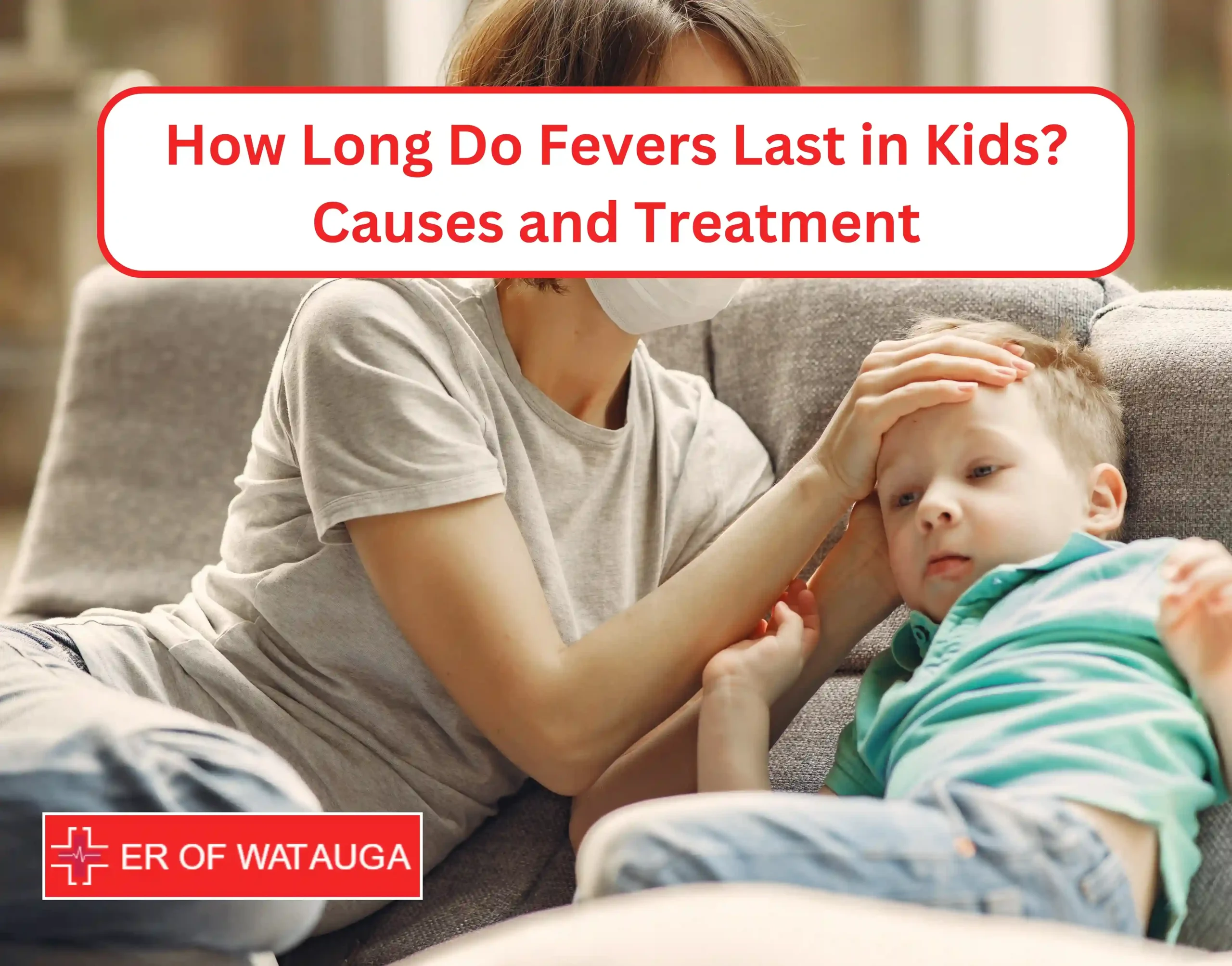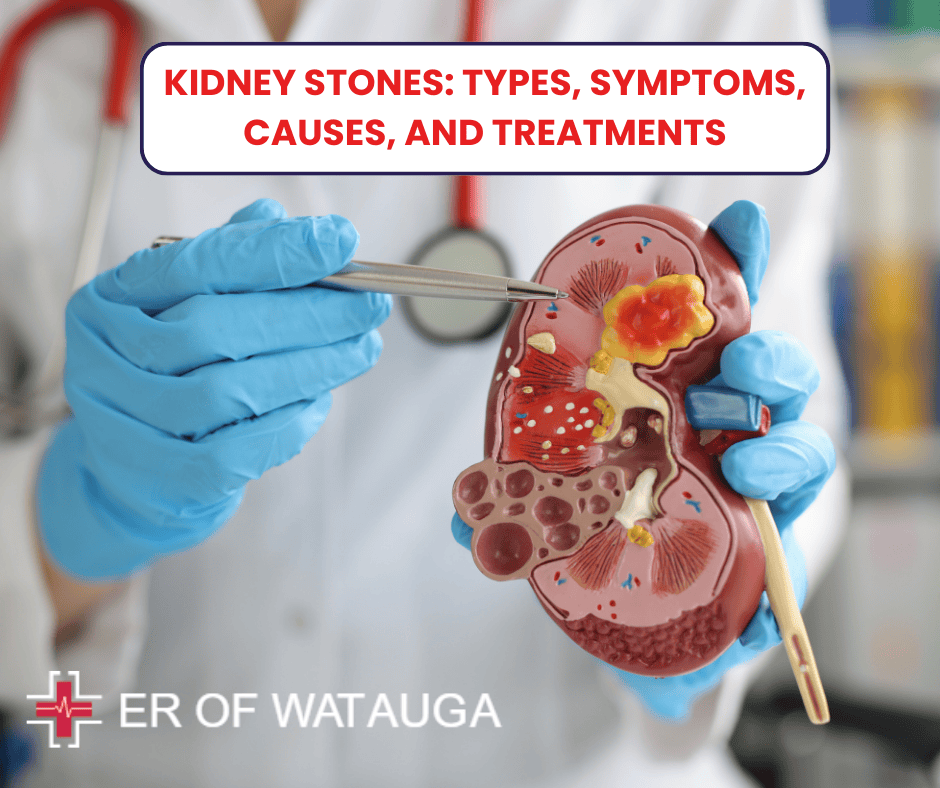Are you exhausted from having irritating Hiccups, and looking for a comprehensive guide on how to cure and prevent them? Many things appear to cause the involuntary response known as the Hiccups, but can science understand why it occurs in the first place? Sometimes they’re amusing. They can be irritating or infuriating at times. They can interrupt you at the most awkward times.
According to folklore, getting the Hiccups indicates that someone is talking about or missing you. But, nonstop hiccupping can be quite inconvenient, particularly if it interferes with your ability to eat, sleep, or communicate. Persistent Hiccups may indicate a health concern, such as an ear infection, kidney failure, laryngitis, or hernia.
In this blog, we will help you learn how to deal with these fatigued Hiccups, when to take them seriously, how to cure them through your home remedies, how to prevent your babies from them, and when to concern your health provider.
What are Hiccups?
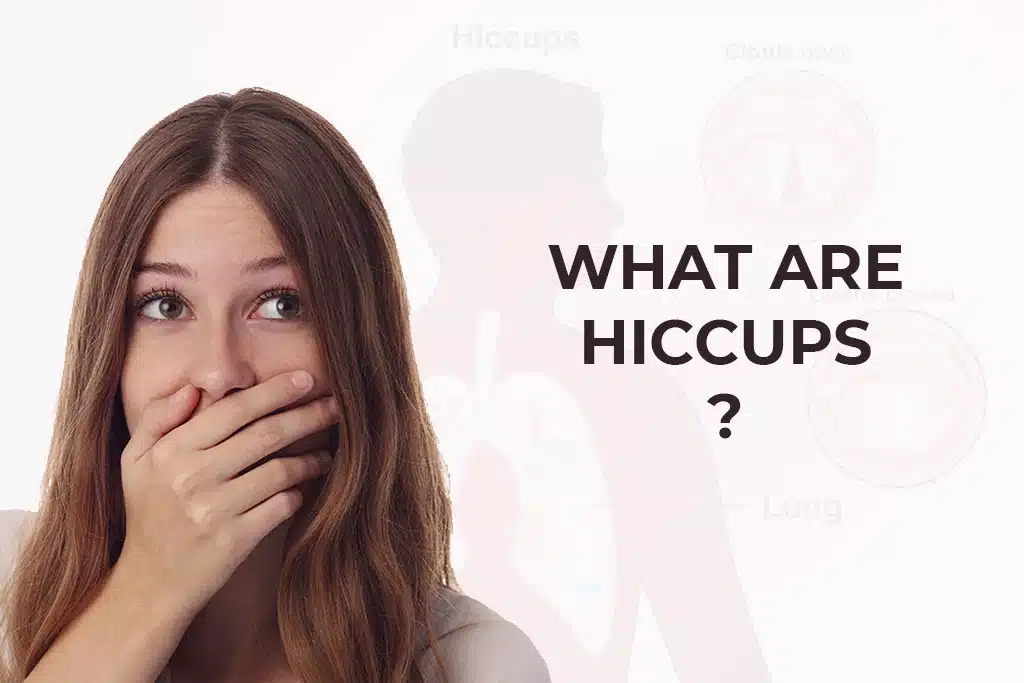
Hiccups also known as hiccoughs are repeated diaphragm spasms accompanied by a ‘hic’ sound from your vocal cords closing. Your diaphragm is a muscle beneath your ribcage that separates your chest and stomach. This muscle plays a crucial role in the respiratory process. It goes downward as you inhale and upward when you exhale.
When you hiccup, you experience two outcomes:
- Your diaphragm pulls down between breaths, causing you to suck in air
- The glottis (the gap between the vocal cords) closes to prevent further air from entering
These motions produce the ‘hic’ sound of a hiccup. The hiccup process is fairly short, and without treatment, you should be back to normal in minutes to a couple of hours.
Can Hiccups happen to anyone?
Yes, Hiccups can affect adults, children, and babies. They are more common in men.
What causes Hiccups?
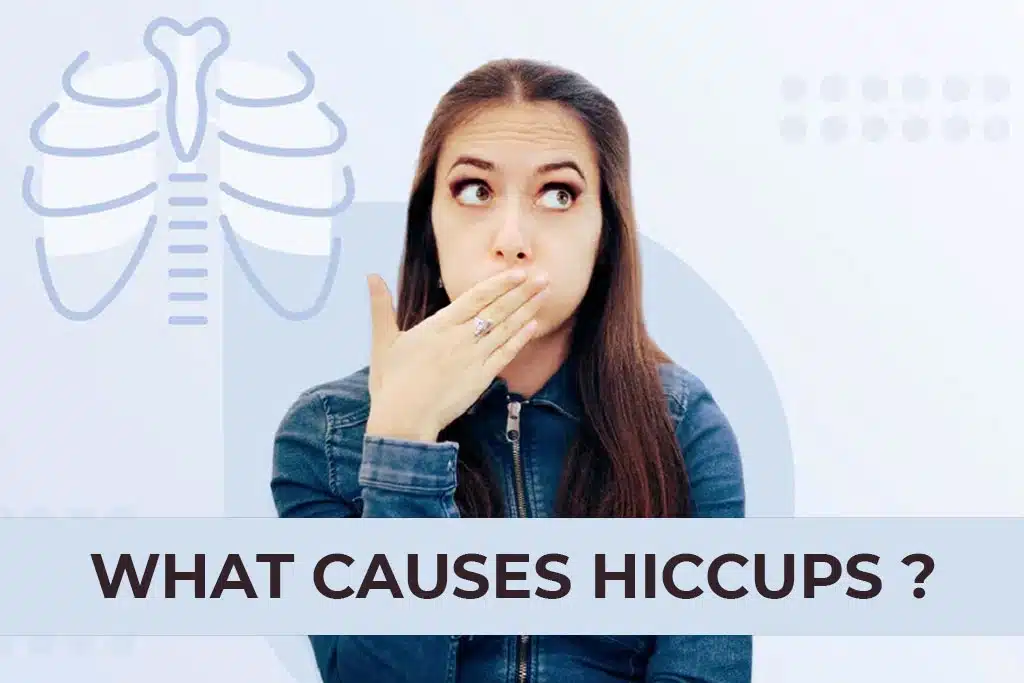
It’s unclear why people have Hiccups. Hiccups can occur for a variety of reasons, including low blood carbon dioxide levels and irritated nerves. The phrenic nerve (which connects the neck to the diaphragm) and the vagus nerve (which connects the brain to the stomach) play key roles in the breathing process. Hiccups are categorized into two types based on their duration.
Short-term Hiccups
Several causes of Hiccups have been found. However, there is no clear list of triggers. They often appear and disappear for no apparent reason.
Common reasons for short-term hiccoughs can include:
- Overeating
- Eating spicy foods
- Consuming alcohol
- drinking carbonated beverages, such as sodas
- Consuming extremely hot or cold meals
- Swallowing air while chewing gum
- exhilaration or emotional stress
Various variables can raise your chances of getting Hiccups. You might be more vulnerable if you:
- are male
- experience extreme emotions, including anxiety and enthusiasm
- have undergone surgery, especially abdominal surgery, and received general anesthesia
Long-term Hiccups
Hiccups that last more than 48 hours are referred to as persistent. Hiccoughs that continue more than two months are called intractable, or difficult to treat. These long-term Hiccups are classified according to the sort of irritant that caused the incident.
The majority of persistent hiccoughs are caused by injury or irritation of either the vagus or phrenic nerves. Your diaphragm movement is controlled by the vagus and phrenic nerves. These nerves could be affected by:
- irritation of your eardrum, which may be caused by a foreign object
- throat irritation or soreness
- goiter
- gastroesophageal reflux disease (GERD)
- an esophageal cyst or tumor
Other causes of Hiccups may involve the central nervous system. The brain and spinal cord form the central nervous system (CNS). If the CNS is compromised, your body may be unable to control Hiccoughs. Persistent Hiccups can be caused by CNS injury, such as:
- stroke
- Multiple Sclerosis (MS)
- tumors
- Head trauma or brain injury
- Meningitis and encephalitis are infections that cause swelling in the brain
- hydrocephalus is the collection of fluid on the brain
- Neurosyphilis and Other Brain Infections
Long-lasting Hiccups may also be caused by:
- Misuse of Alcohol
- Tobacco use
- a reaction to anesthesia following surgery.
- Certain drugs, such as barbiturates, steroids, and tranquilizers, can cause electrolyte imbalance
- diabetes
- Kidney failure
- arteriovenous malformation is a condition in which arteries and veins get intertwined in the brain
- Parkinson’s disease
- Cancer and chemotherapy therapies
What causes Hiccups in newborns?
Newborn babies Hiccups are most commonly caused by overfeeding, eating too soon, or ingesting a large amount of air. Any of these causes can cause stomach distention. When the stomach distends, it presses against the diaphragm, causing it to spasm and produce Hiccoughs.
Can I get Hiccups while sleeping?
You can indeed get Hiccups while you sleep. Unless they last more than 48 hours or make it hard to eat, breathe, or sleep, while you sleep usually doesn’t mean you need to see a doctor right away. In that case, you should see a doctor to rule out any underlying health problems, like nerve damage, brain diseases, metabolism problems, or drug use.
Hiccups after surgery
Hiccups occur as a usual side effect after surgery either as a result of anesthesia, discomfort, or the abdomen filled or pressed into the diaphragm. Hiccups are not recorded to be harmful in any way, but they can interfere with your ordinary life if they last for relatively long periods of time. But If they do, Remember to let your doctor be aware of them, so that he can provide you with some useful treatment activities that will help you feel better.
Why do dogs get Hiccups?
Dog Hiccups are supposed to occur when a dog swallows too much air. This can happen when dogs eat or drink quickly, are stressed, participate in rough play, become very stimulated, or inhale anything irritating or caustic. A dog’s diaphragm may constrict due to severe anxiety or fast breathing.
How are Hiccups diagnosed?
During the physical exam, your health care practitioner may do a neurological exam to examine your:
- Balance and coordination
- Muscular strength and tone
- Reflexes
- Sight and sense of touch
If your doctor believes that your Hiccups are caused by an underlying medical issue, he or she may order one or more of the tests listed below.
Lab testing
Your blood samples may be tested for diabetes, infection, or renal disease.
Imaging tests
Imaging scans may be able to discover disorders within your body that are affecting your diaphragm or the nerve that regulates it, known as the phrenic nerve. Alternatively, these tests may reveal problems with a major nerve in your neurological system called the vagus nerve. Chest X-rays, CT scans, and MRIs are all examples of imaging tests.
Endoscopic tests
These treatments employ a thin, flexible tube known as an endoscope, which contains a tiny camera that is inserted down your neck and into your esophagus, also known as your food pipe. The goal is to check for problems in your esophagus or windpipe.
How to cure Hiccups?
Most cases of Hiccups resolve on their own without medical intervention. If your hiccoughs are caused by an underlying medical problem, treating it may help to stop them. In case, your Hiccups linger more than two days, you may need to take medications or undergo specific treatments.
Are there any medications I can take for serious Hiccups?
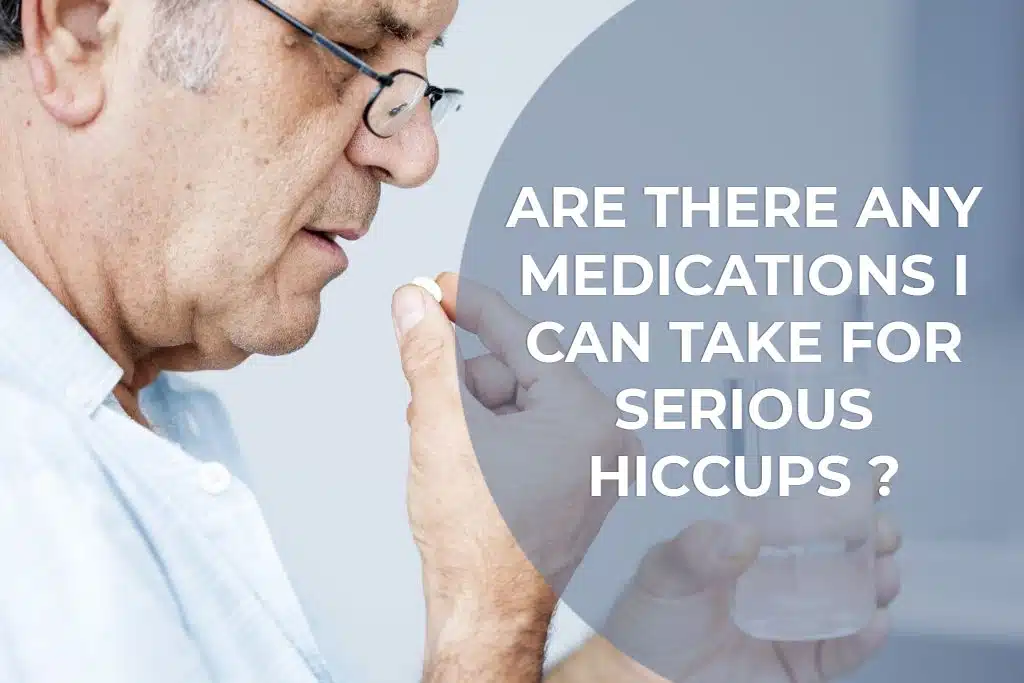
Long-lasting hiccoughs can be managed with medicine. Prescription drugs for long-term Hiccups include:
- Gabapentin
- Baclofen
- Chlorpromazine
Home remedies for Hiccups
Because the specific origin of Hiccups is unknown, certain therapies may or may not be effective. These home remedies are generally harmless, so there is no risk in trying them. Home treatments include:
- Drinking water rapidly
- Swallowing powdered sugar, dry slices of bread, or crushed ice
- Gently rub your eyeballs
- Gargling water
- Holding your breath
- Breathing into a paper bag, not a plastic bag
- Gently tug on your tongue
- Gagging (sticking a finger down the throat)
How to stop Hiccups after drinking alcohol?
Sipping the water slowly can interrupt the hiccup reflex, potentially causing the Hiccups to stop. For the best benefits, drink little sips of ice-cold water. You can also try adding a squeeze of lemon or a few drops of bitters to increase effectiveness.
What are the side effects of long-term Hiccups?

Long term Hiccups may result in:
- Trouble eating
- Trouble sleeping (including insomnia) and fatigue
- Some individuals feel humiliated
How to get rid of Hiccups in babies?
Babies, children, teenagers, and adults all get Hiccups. Hiccups are common in babies under the age of one year, and it is not harmful. If you choose, you can try to calm them down by breastfeeding or giving them water. However, if the problems persist after a few hours, consult your healthcare provider. Children can try the home remedies suggested above. If you have any concerns regarding your child, don’t hesitate to call your pediatrician.
How are Hiccups prevented?
Sometimes drugs taken before treatment can prevent Hiccups from occurring. For example, taking metoclopramide before anesthesia can help prevent hiccough. Steroids containing ramosetron may prevent chemotherapy-induced Hiccups.
Again, moderate Hiccups (those that go away quickly) can occur due to the following. To avoid them, you can attempt the following. Try not to
- Eat and drink too soon
- Drink fizzy drinks or alcohol
- Excessive eating
- Experience stress, including dread and excitement
- Overstretch your neck
- Take medicines (especially those for anxiety, benzodiazepines)
- Drink a very hot or very cold beverage
- Inhale poisonous vapors
Can Hiccups go away on their own?
Most cases of Hiccups resolve on their own without medical intervention. If your hiccoughs are caused by an underlying medical problem, treating it may help to stop them. If they last more than two days, medications or other procedures may be required.
Can you die from Hiccups?
People seldom die from Hiccups. However, prolonged hiccoughs may indicate an underlying illness that is generating them. Some illnesses that induce intractable If they last longer than a month, such as cancer, stroke, and pneumonia, can be fatal if not addressed.
When should I go see a healthcare provider?
If your Hiccups remain for a few minutes or hours, you generally don’t need to see your doctor. However, if they continue for more than a few days (usually two), you should consult him or her. When hiccoughs occur alongside other symptoms such as a headache, difficulty maintaining balance, or numbness, it may indicate a more serious condition. If you experience these symptoms along with Hiccups, contact your doctor right away or go to the local emergency facility.
Are hiccups a sign of pregnancy
During pregnancy, one of the most frequently experienced things by potential mothers is the hiccups. However, they are typically prevalent in the first trimester. Some women could have layoffs even by the end of the 4th month of their pregnancy. The reason for hiccups is the fact that you need to deal with your changes very rapidly if your body is changing quickly throughout pregnancy.
Conclusion
Hiccups can be triggered by a variety of factors, including soda consumption and specific foods, as well as prescription use and underlying disorders. They are typically harmless. The majority of cases resolve without therapy or with simple home cures. They do not lower your quality of life. However, remember to keep track of how long they last. Hiccups could be a sign of a serious illness, or they could simply be bothersome. There are several therapy options available. In rare cases, they might last more than 48 hours. If your Hiccups linger more than 48 hours, do not respond to treatment, or you are unsure of the cause, consult a doctor. ER of Watauga is your go-to emergency room for providing unmatched healthcare services. You can visit us if you are experiencing Hiccups for more than 48 hours. Contact Us today to book an appointment.
FAQs
Can cats have Hiccups?
Hiccups are more common in kittens than in adult cats, but cats can develop them at any age. Their primary cause is eating too much or too fast. If your cat has Hiccups after eating, it could indicate that they have overeaten or gobbled down their food too quickly.
Why do I get Hiccups when I eat?
Involuntary diaphragm spasms might occur when we eat too rapidly (or too much), drink alcohol, or consume carbonated beverages. Other causes include eating something hot or spicy, having a bloated stomach, undergoing abdominal surgery, taking certain drugs, or simply feeling nervous.
How can I get rid of the Hiccups quickly?
Several strategies can help relieve Hiccups, including holding your breath, immediately sipping a glass of water, and gently stimulating the back of your throat. Deep breathing and focused meditation are two relaxation strategies that may help quiet the diaphragm and resolve Hiccups.
Can some changes in lifestyle help prevent Hiccups?
Making simple lifestyle changes can minimize your chances of getting Hiccups. These include eating and drinking carefully, avoiding overeating, limiting carbonated beverages and spicy foods, reducing stress, and eating with excellent posture.
Are there any natural cures for Hiccups?
Several natural cures for Hiccups include sipping cold water gently, gargling with ice water, sucking on a small slice of lemon, and breathing into a paper bag. However, keep in mind that the success of these cures varies from person to person, and if you have persistent or severe hiccups, visit a healthcare practitioner.
